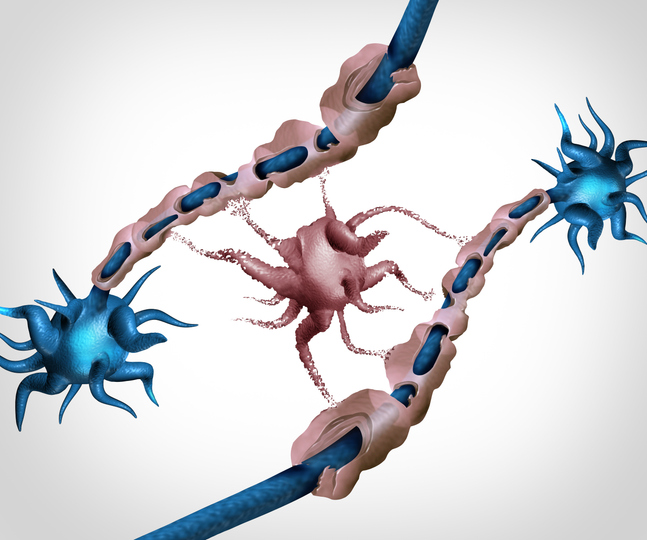
Researchers in Sweden examined the prevalence of common somatic diseases in adolescents with attention-deficit/hyperactivity disorder (ADHD) compared with adolescents with no psychiatric diagnosis. Swedish upper secondary school students aged 15-19 (n=1607; standard deviation, 0.88; median, 17 years) participated in a cross-sectional study that used the electronic version of the Mental and Somatic Health without Borders (MeSHe) survey. Results were published in Frontiers in Psychiatry.
The MeSHe questionnaire included questions about specific somatic diseases, including allergies, asthma, celiac disease, diabetes, migraine, rheumatoid diseases, skin diseases, and thyroid diseases. The psychiatric diagnosis question included 10 diagnostic groups: ADHD, autism spectrum disorder, depression, anxiety, posttraumatic stress disorder, obsessive-compulsive disorder, bipolar disorder, eating disorders, other disorders, and nonspecific disorders.
Cramer’s V was used to indicate effect size (small, 0.10-.029 or medium, >0.30), and level of significance was set at P<0.05. The nonparametric Mann-Whitney U test was employed to detect significant differences in the number of somatic diseases between adolescents with and without an ADHD diagnosis.
Among the sample group, 5.5% reported receiving ADHD diagnoses; these participants reported more somatic comorbidities than those without a psychiatric diagnosis. The most common somatic comorbidities for adolescents with ADHD were:
- Allergies (43.4%);
- Asthma (24.7%); and
- Skin diseases (16.7%).
However, the effect sizes of these differences were negligible:
- Allergies (P=0.002; Cramer’s V=0.08);
- Asthma (P=0.041; Cramer’s V=0.06); and
- Skin diseases (P=0.007; Cramer’s V=0.08).
To note, adolescents with ADHD reported significantly higher rates of uncertainty about the existence of diabetes, rheumatoid diseases, asthma, and thyroid disease compared with adolescents without any psychiatric diagnoses; these uncertainties suggest heightened health-related anxiety within this group.
The researchers concluded that “Recognizing and addressing comorbid somatic conditions and elevated health-related anxiety in adolescents with ADHD is crucial for enhancing these individuals’ overall health and quality of life. Future research should focus on elucidating the underlying mechanisms of these associations and developing targeted interventions to mitigate the health burdens that this vulnerable population faces.”
Reference
Lundqvist S, Röjås S, Bador K, Råstam M, Kerekes N. Somatic comorbidities and health related uncertainty among Swedish adolescents with ADHD. Front Psychiatry. 2025;16:1534280. Published 2025 Feb 11. doi:10.3389/fpsyt.2025.1534280







 © 2025 Mashup Media, LLC, a Formedics Property. All Rights Reserved.
© 2025 Mashup Media, LLC, a Formedics Property. All Rights Reserved.